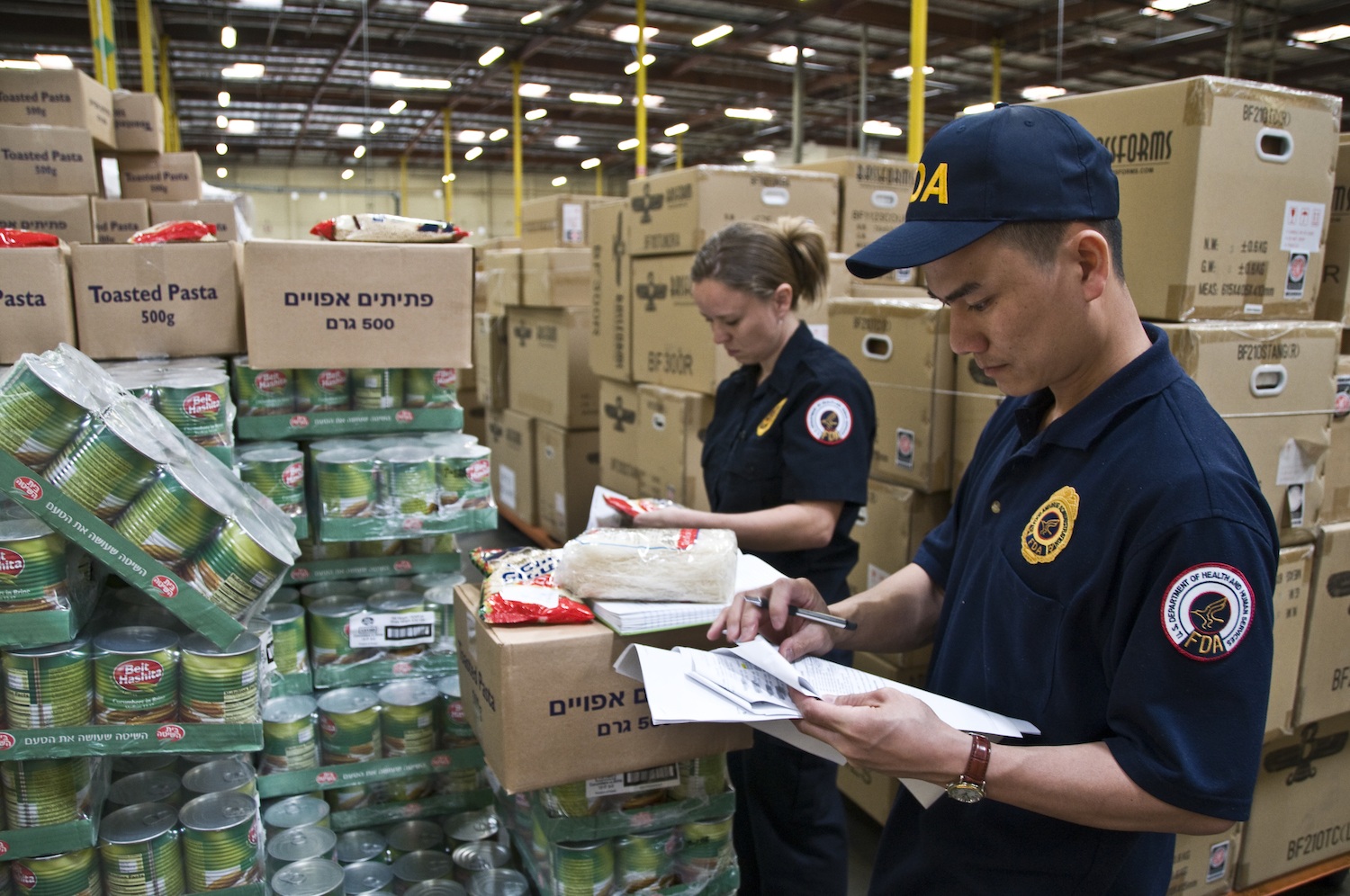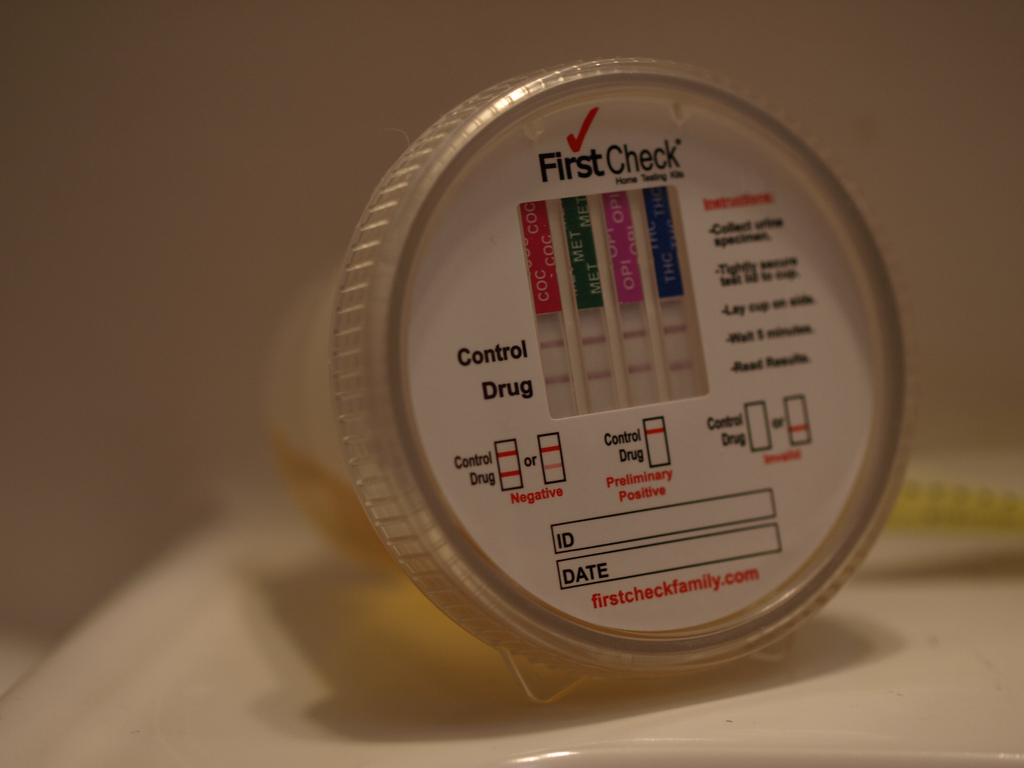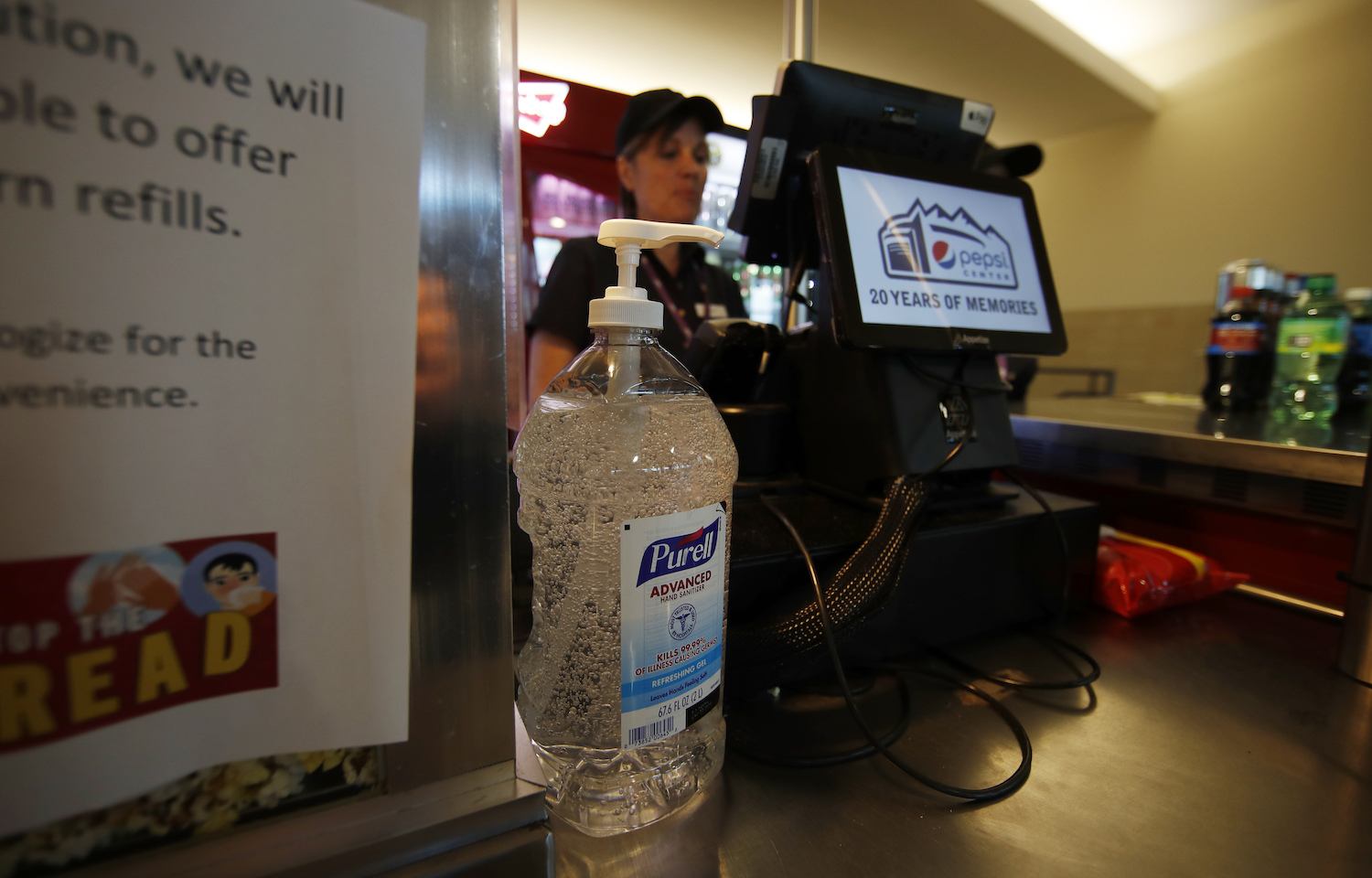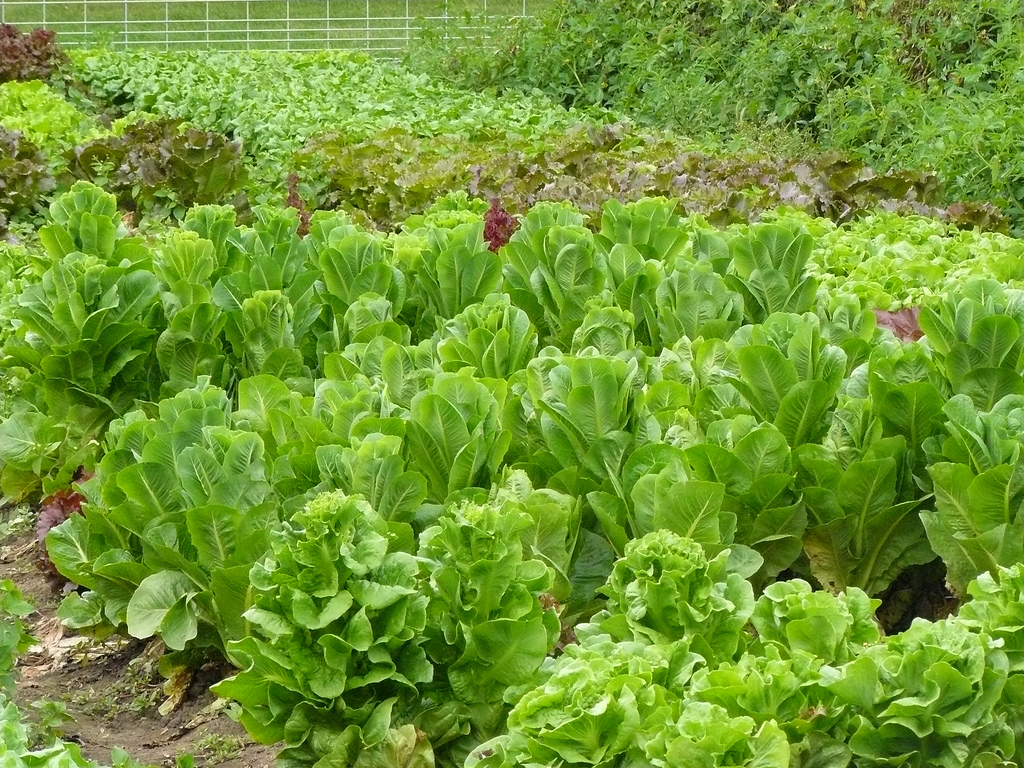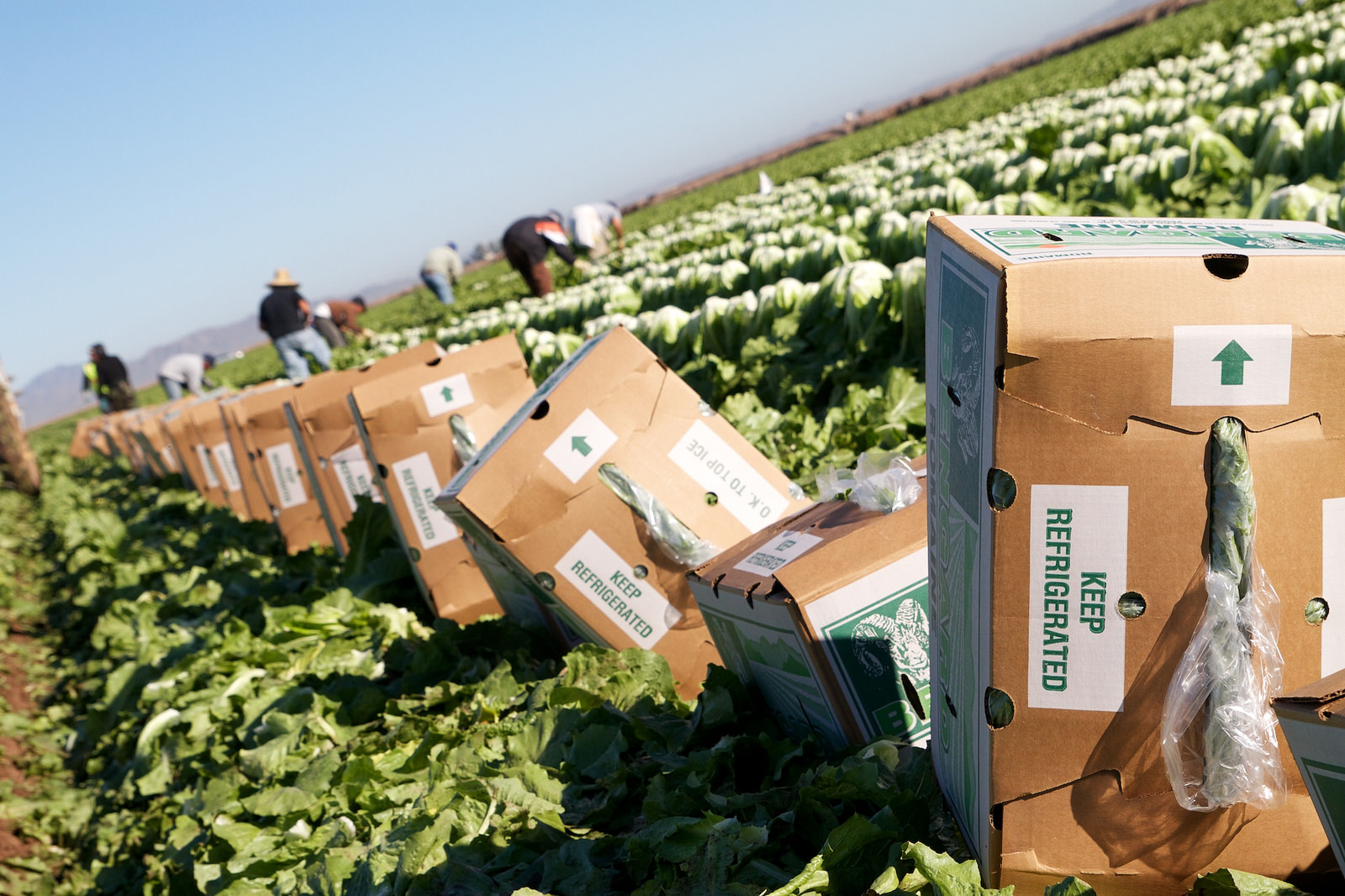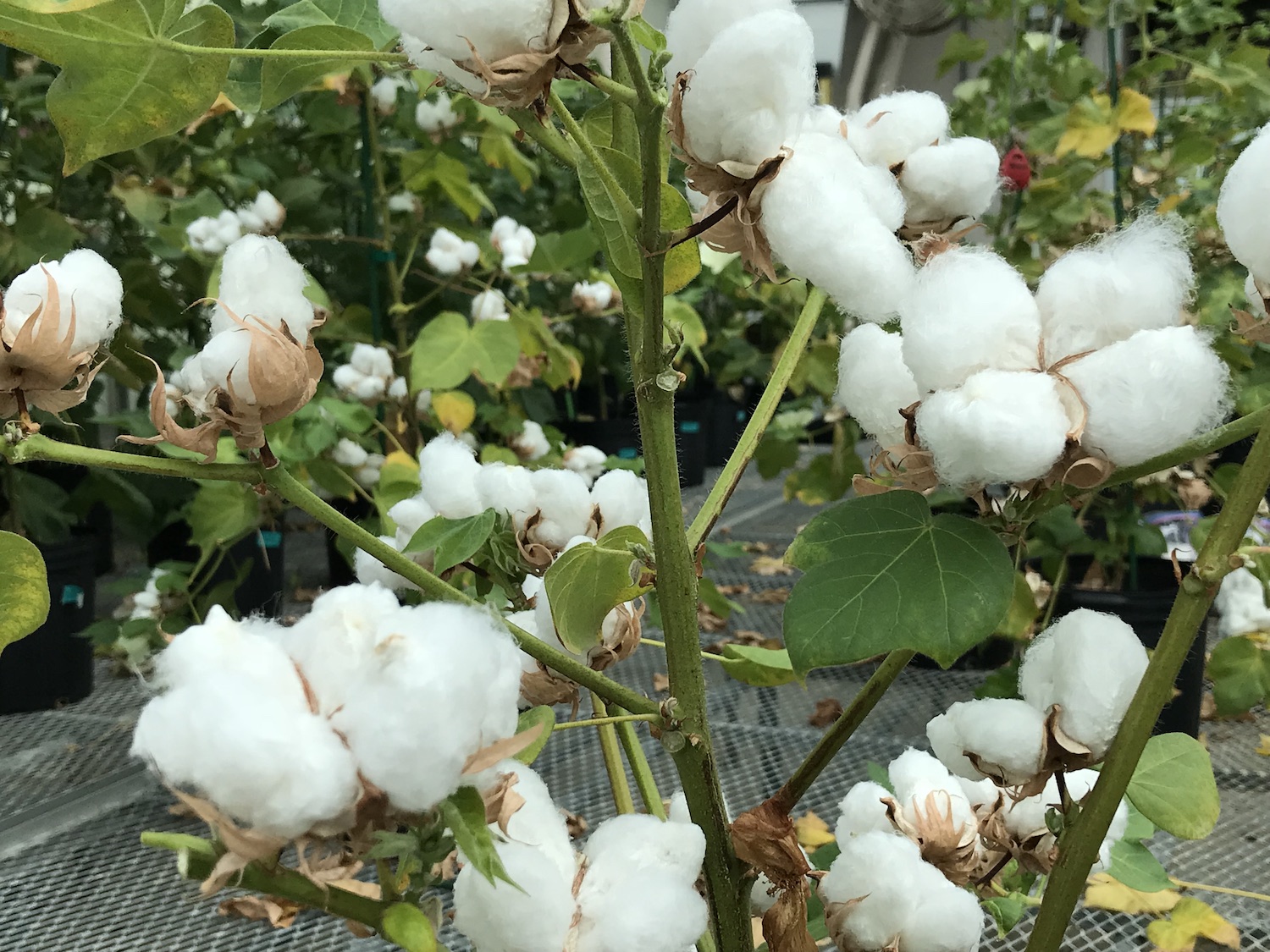These inspections were one more link in an overtaxed and weakened food system safety net.
The Food and Drug Administration (FDA) announced Wednesday that it would temporarily suspend routine surveillance inspections of food manufacturers and handlers because of Covid-19. So-called “mission-critical” inspections will be considered on a case-by-case basis. The agency did not disclose how long it expects the pause to last.
So what does this mean for the safety of the food supply?
Maybe not a whole lot in the short term, says Ben Chapman, food safety specialist and professor at North Carolina State University. “There’s a myth about how food is kept safe. Regulation, inspection, and enforcement is really just one pillar of what happens in our food safety system,” he says.
A safe food supply depends on well-trained workers, internal and third-party audits, and domestic inspections.
Yet while FDA inspections may make up a relatively small component of the broader food safety ecosystem, the agency’s decision represents a fresh blow to an interconnected system of food safety checks that is already under immense pressure. A safe food supply depends on well-trained workers, internal and third-party audits, and domestic inspections.
“In food safety, just like anything, when you’re dealing with risk, you want to take a multi-hurdle approach. There’s not one thing, not a panacea that’s going to prevent an outbreak,” says Barbara Kowalcyk, assistant professor of food safety and public health at Ohio State University. The last failsafe, Kowalcyk adds, is our public health infrastructure. Should all the other protective mechanisms break down, public health officials can detect a foodborne illness outbreak and trace it back to the source, then initiate a recall.
In more normal times, if a potato chip factory has never caused an outbreak or otherwise sparked the interest of the federal government, FDA regulators will only inspect it once every few years. In many cases, the toughest safety regulations actually come from the grocery stores and distributors that buy the potato chips. They’ll send third-party inspectors to the potato chip plant far more often—and Chapman says the safety requirements from private buyers are stricter than those from federal regulators. “Facilities, especially if they’re large, might have a different auditor come every week,” he says.
State and local health departments are spending less time monitoring for potential outbreaks of foodborne illnesses.
But these are extraordinary times, and the virus has already weakened many of our food safety failsafes. Stressed-out workers may cut corners or miss work. Domestic inspections are on pause. It stands to reason that the frequency of third-party audits may temporarily decline. And public-health infrastructure has shifted resources to responding to Covid-19, meaning state and local health departments are spending less time monitoring for potential outbreaks of foodborne illnesses. “What you’ve done is you’ve put the system under a huge amount of stress. So pretty much our failsafe with the public health department—I’m not going to say it’s non-existent, but I’m sure it’s greatly reduced,” Kowalcyk says.
The real risk of diminished inspection capacity at FDA isn’t that food manufacturers might play fast and loose with safety regulations. It’s that problems that might normally be caught by eagle-eyed workers, or by third-party auditors, or occasionally by federal inspectors, might slip through the cracks. And once a foodborne illness has begun impacting the general population, it’ll be all the more difficult to contain because so much of the public health workforce is now devoted to Covid-19. The last thing we need is an outbreak on top of an outbreak.
